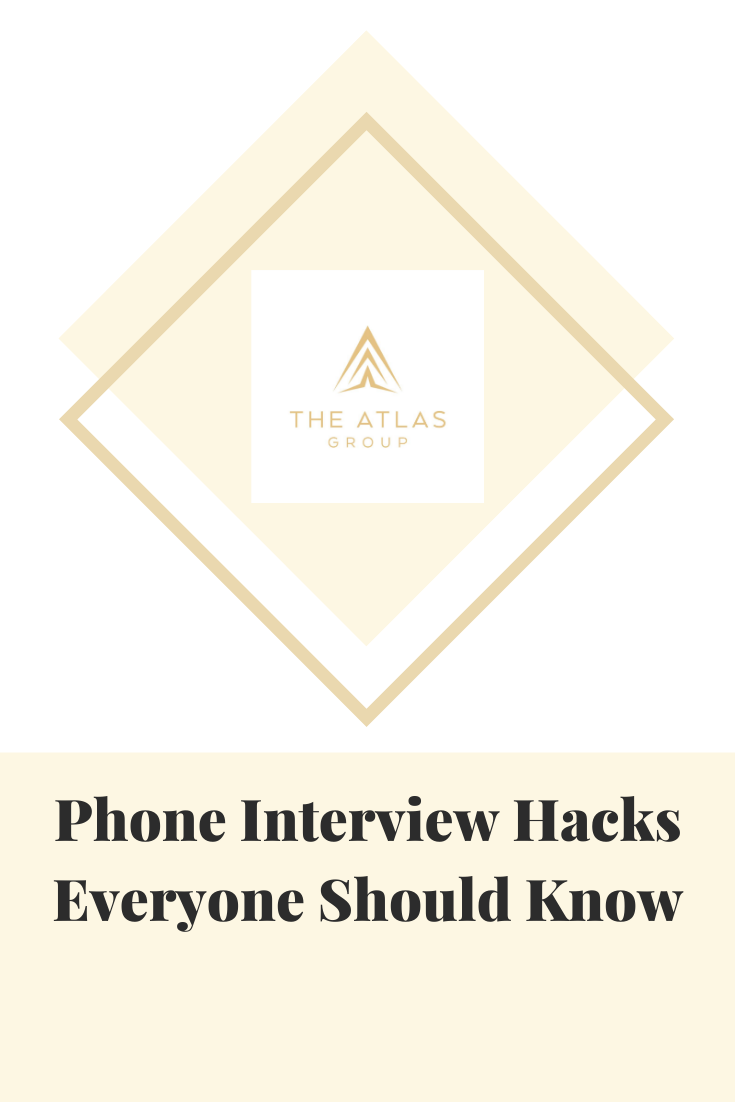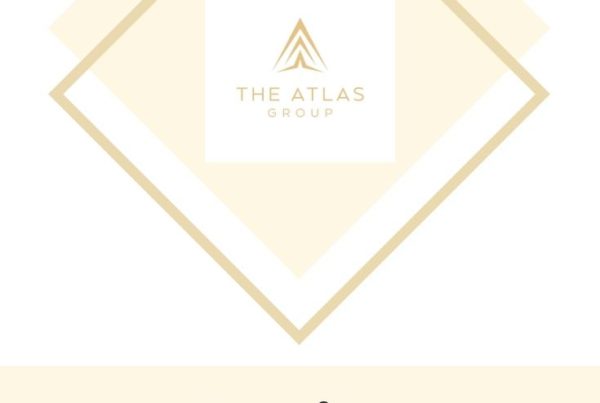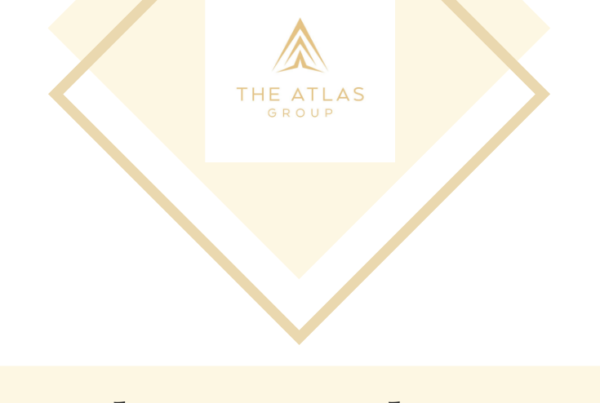Phone interviews can be awkward, but here are some great ways to prepare. With these steps, you take control, minimizing any chances for disaster.
Make sure you have good cell service. You don’t want your call to drop in the middle of the interview.
Research the company. Know what the company does, how long they’ve been around, and what types of clients they serve and in what industry. Have these notes next to you. Do you feel like those things aren’t totally clear on their website? That’s ok- write those questions down and ask them in the interview.
Make sure you know who it is your interviewing with. Is it someone you’re going to report to? Is it the recruiter? Look them up on LinkedIn, and understand how they’re connected to the process. If they don’t have a LinkedIn and you’re not sure, ask them.
Have questions prepared. If someone doesn’t have any questions during an interview, it can be a red flag for the interviewer and can come off like you’re just not that interested. Have at least 5 written down, and prioritize the questions that are most important, just in case you run out of time.
Do not talk over the interviewer. If you’re speaking over the interviewer, it not only shows them that you only care about what you want to say, but that you lack in communication skills. If you catch yourself doing this, address it and apologize- and then let them talk.
If the interviewers have low energy on the phone, don’t mirror it. Some people just aren’t phone people (maybe it’s the hiring manager, or maybe it’s both of you), so energy might sound low on the other end. Remember to smile (they can hear this through the phone), show you’re interested and don’t be afraid to sound genuinely energetic. It sure beats sounding monotone, and it will communicate exactly what you want it to.
Have your resume and their job description in front of you, as well as examples of your experience. The call is going to be about how and why you’re a fit for the role. Look at the job description under the “must have” sections (it’s a free cheat sheet!) and have one or two real life work examples to speak about. The interviewer’s job is to make a determination on how good of a fit you are for the role based on the job description the team created- having examples based off what they’re looking for makes for a much more efficient conversation- and makes you look extremely prepared.








